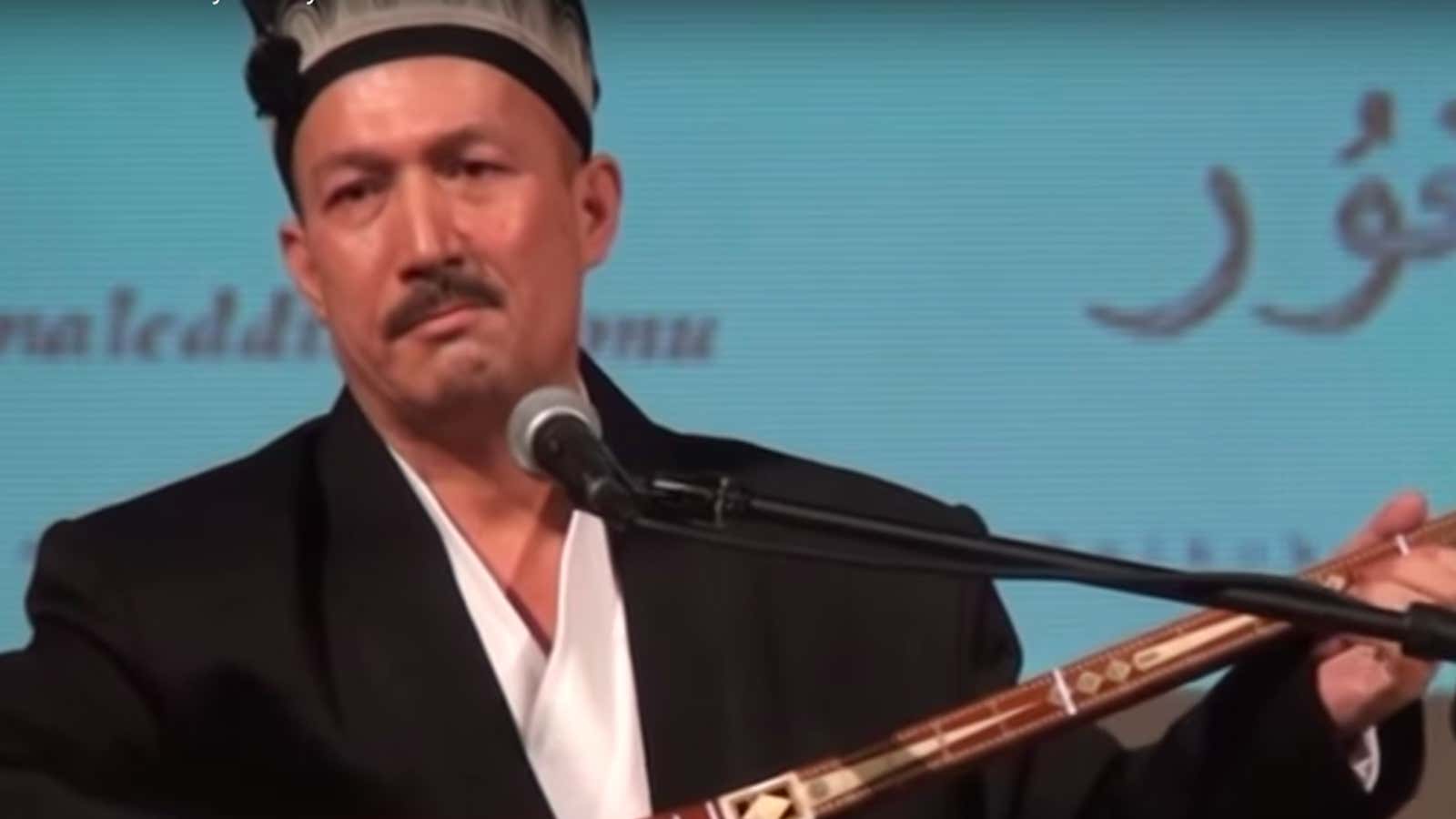Turkey lodged an official protest over China’s Uyghur detention camps in the Xinjiang region yesterday (Feb. 9), after years of silence. “It is no longer a secret that more than one million Uighur Turks incurring arbitrary arrests are subjected to torture and political brainwashing in internment camps and prisons,” wrote foreign ministry spokesman Hami Aksoy in a statement posted online. He described China’s treatment of its Muslim ethnic Uyghur people as “a great shame for humanity.”
Aksoy specifically mourned Abdurehim Heyit, a famed poet and musician who was among those detained by Chinese authorities. “We have learned with deep sorrow the passing away in his second year of imprisonment of the distinguished folk poet Abdurehim Heyit, who was sentenced to eight years in prison for one of his songs,” Aksoy wrote.
Turkish newspaper Yeni Safak reported that Heyit died in detention yesterday at the age of 55 “after enduring two years of brutal torture.” China, for its part, released a video appearing to be made on Feb. 10 showing Heyit alive, though many in the Uyghur community expressed doubts about its authenticity. Nury Turkel, chairman of the US-based Uyghur Human Rights Project, told the BBC that certain aspects of the video were “suspicious” and noted China was capable of doctoring video.
Heyit, an ethnic Uyghur, earned renown for his performances on the dutar, a traditional two-stringed instrument. YouTube has a number of videos showing him playing the instrument and singing, including this one:
The New York Times reported it could not independently confirm Heyit’s death (paywall).
Radio Free Asia reported in November 2017 that Heyit had “been arrested without official explanation” by Chinese authorities, noting that the arrest had taken place earlier in the year but kept from the outside world by communications clampdowns.
“Abdurehim Heyit was a state artist, and all of his songs were approved by the Chinese government,” London-based Uyghur artist and singer Rahima Mahmut told RFA at the time. “None of his songs were banned before.”
But “whether it is Uyghur intellectuals, artists, writers, or poets: nobody is being spared from the current purge,” US-based Uyghur poet Tahir Hamut told RFA.
This month, Amnesty International called upon the United Nations Human Rights Council to “adopt a resolution establishing an international fact-finding mission to Xinjiang” at its next session. Kumi Naidoo, secretary general of Amnesty International, described the situation in Xinjiang as “horrendous.”
China’s embassy in Turkey issued a statement (link in Chinese) today calling Turkey’s statement a “serious violation of the facts,” and said its actions in Xinjiang were necessary to combat terrorism.
This post has been updated to reflect China’s response to Turkey’s statement.
